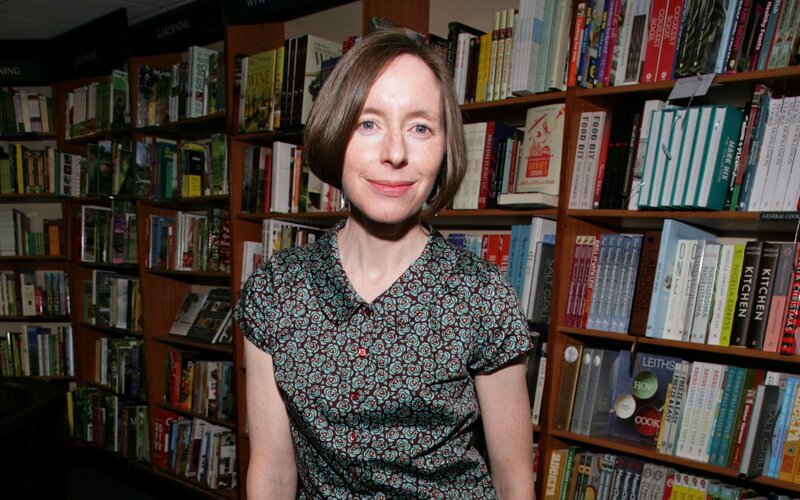Social and wealth inequality have been portrayed as fixtures of modern society; for people to be high on the social ladder, there must also be people below them. Not everyone is born successful or comfortable, although everyone has the opportunity to climb higher or fall lower depending on their choices, ambition and efforts. This is the gift of free markets and individualism; nobody can start too low to ascend the rungs of social mobility and achieve a better status for themselves and their families. In her forthcoming book, Snakes and Ladders, Professor Selina Todd disproves this myth. Based on a series of personal histories representing the diverse colours of British life over the 20th and early 21st centuries, Snakes and Ladders illustrates how downward social mobility persists as a social trend, but upward mobility is becoming increasingly difficult to achieve.
—
Armed with a professional background in modern history, Professor Todd examines how perennial growth has become the political and economic priority of modern governments and markets, and how this development has come at the expense of a true welfare state and sufficient room at the top of the social ladder.
As a work of historical sociology, Professor Todd grounds her arguments in the lives of real people from all levels of society. The groups who have faced the most difficulties in ascending the social ladder, including women, children and migrants, are given ample space to relay their stories and experiences. Professor Todd pinpoints the 1970s as being the ‘golden age’ of social mobility, when the emergence of a welfare state and wide access to education allowed men and women, working and middle-class alike, the opportunity to work one’s way upward on the social ladder.
Professor Todd indicates the UK’s rightward political shift with the rise of Thatcherism in 1979 as the beginning of this golden period’s decline. Deindustrialisation, wealth gaps and uncertainty in the labour market have now started to create the conditions for downward mobility to thrive. As the elites become entrenched at the top of the social ladder, they fear any circumstance that would see them and their children fall into poverty, hoarding wealth and minimising opportunities for upward mobility further down the ladder. The lack of opportunities for upward mobility has also led to the circumstances of one’s birth becoming the primary indicators of what station an individual may achieve in life. In a world that promises endless opportunity for those enterprising and creative enough to pursue it, Professor Todd artfully explains just how limited these opportunities actually are for most people.
You might also like: What Do Countries Need to Do to Reach Net-Zero Emissions?
“These are big issues that we need new solutions to overcome, because we have never really dealt with these kinds of inequalities before.” Professor Todd’s words ring especially true in 2021, as the implications of COVID-19 continue to expose the cracks and subsurface inequalities in our societies. Whenever the world manages to move on from this crisis, many people are at risk of being left behind, none more so than women, children and lower income groups. If nothing else, the pandemic should lay bare the dangers of an individualist mentality, and highlights the importance of a collectivist attitude, wherein no one is denied the opportunity to pursue their ambitions and realise their potential.
It is critical to seize the opportunity within the crisis, and radical changes in our markets and systems of governance are achievable, but they will neither happen overnight nor easily, as future disruptions are inevitable. Automation, for instance, adds an element of volatility to the labour market and future job security. The climate crisis will only add to future uncertainty, and continue to place vulnerable people at risk. As with the inequalities Professor Todd addresses in her book, climate change does not affect people equitably. Women, children, low-income groups and individuals without easy access to education are measurably more susceptible to the impacts of climate change, as they lack access to the safety nets and resources necessary to transition to other paths or lines of work when disruption causes markets to become increasingly volatile.
How can we meet these challenges? Professor Todd discusses the importance of lifelong access to free education, facilitating the formation of trade unions, recognising the value of caregiving and other socially useful work and focusing policy on elevating women. Ultimately, however, we will need to decouple our definition of prosperity from the notion that constant growth is the only real measurement of progress we have available to us. Educational completion rates, job satisfaction, public health standards and environmental quality are all critical contributors to a truly prosperous society
The most vulnerable members of society have not become so by accident, and safety nets must be put in place that allow people to be innovative, creative, entrepreneurial and imaginative. Snakes and Ladders pushes an egalitarian agenda, citing the democratic socialist policies championed by Bernie Sanders in the US and Jeremy Corbyn in the UK. Even when these policymakers fail to achieve their targets, they are able to inspire grassroots movements, voluntary associations and local politicians to focus their policies and actions on similar ideals.
Snakes and Ladders will be released on February 11, 2021.
Featured image by: The Telegraph














